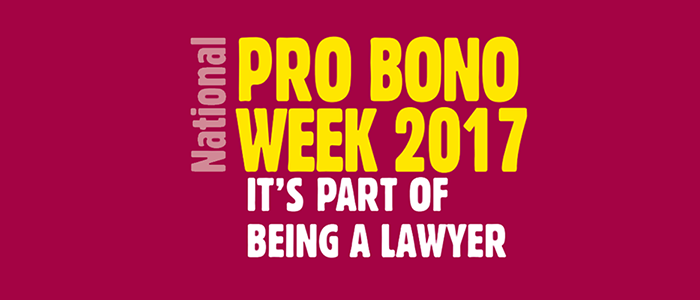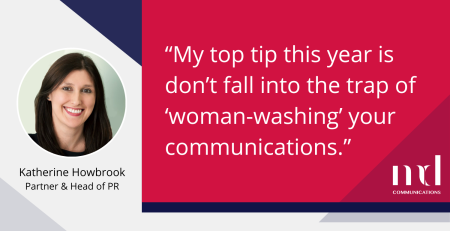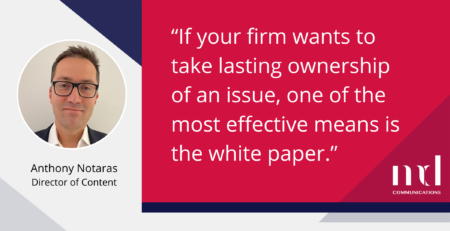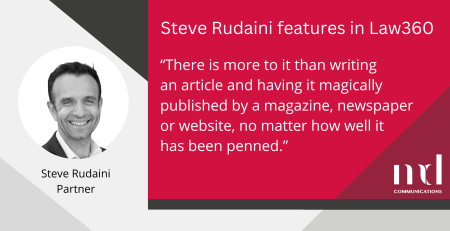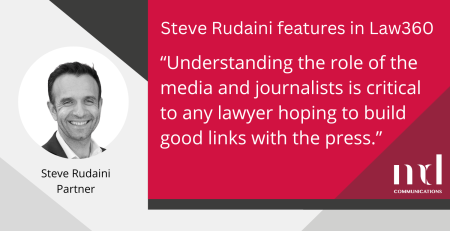It’s National Pro Bono Week – a chance to celebrate the breadth and impact of pro bono work undertaken by the legal profession across the year.
The debate around whether or not lawyers should publicise their pro bono work is an interesting one. It touches on issues of how far it is acceptable to self-publicise, in a formerly non publicity-seeking profession, as well as whether there is any real negative effect from this kind of promotion.
When it comes to doing pro bono work, there seems to be an attitude that lawyers must carry this out selflessly, almost like it is a penance for a secure job (pre-2008 at least) and a big salary. There are many reasons (not always altruistic) why lawyers have traditionally undertaken pro bono work, from the opportunity to handle unusual test cases that would not receive funding any other way, to acknowledging the responsibility that being one of the few who can read the law brings.
My favourite example is Andrew Denny, a finance litigation partner at Allen & Overy, who five years ago helped 20-year-old Jade Jacobs-Brooks who was born in Spain and did not officially exist because she had no birth certificate. Denny said of his motivation for involvement in the case, “It is satisfying to have used expertise in another jurisdiction to help someone that nobody else could help”. If that’s the message being conveyed by publicising pro bono work, is it really such a problem? More recently, pro bono work has been recognised by LawWorks’ Pro Bono Awards. The upcoming awards looks at both individuals and firms as a whole, making the opportunity to build a reputation better than ever.
Pro bono has always been central to the legal profession – in a way that it is not so in many other careers – and that is something to shout about. Arguments against getting publicity for pro bono work don’t really hold water – ‘the work is being done for the wrong reasons if publicity is involved,’ ‘pro bono cases are used by lawyers as shameless self-promotion’ – because, whatever the motivation, the outcome is the same: the work gets done, the pro bono client gets free legal support. Besides, lawyers are the least offenders in this publicity-seeking game – step forward high-profile footballers who do an hour’s charity work and then arrange three press conferences to make sure the world knows how much they care. By comparison, the modest amount of publicity lawyers receive for the enormous amount of pro bono work the legal profession does is miniscule.
At the end of the day, receiving publicity for pro bono work is clearly beneficial for individual solicitors – in terms of raising their profile, particularly in successful cases, and demonstrating expertise – and provides a boost to the profile of a firm.
The positive publicity also benefits the brand of the legal profession as a whole. Making public the selfless, unpaid work that lawyers do to help those that cannot help themselves goes some way towards combating the lazy cliche of lawyers being ‘vultures’. In fact, it is probably one of the most important tools the profession has in the fight against those negative stereotypes.


